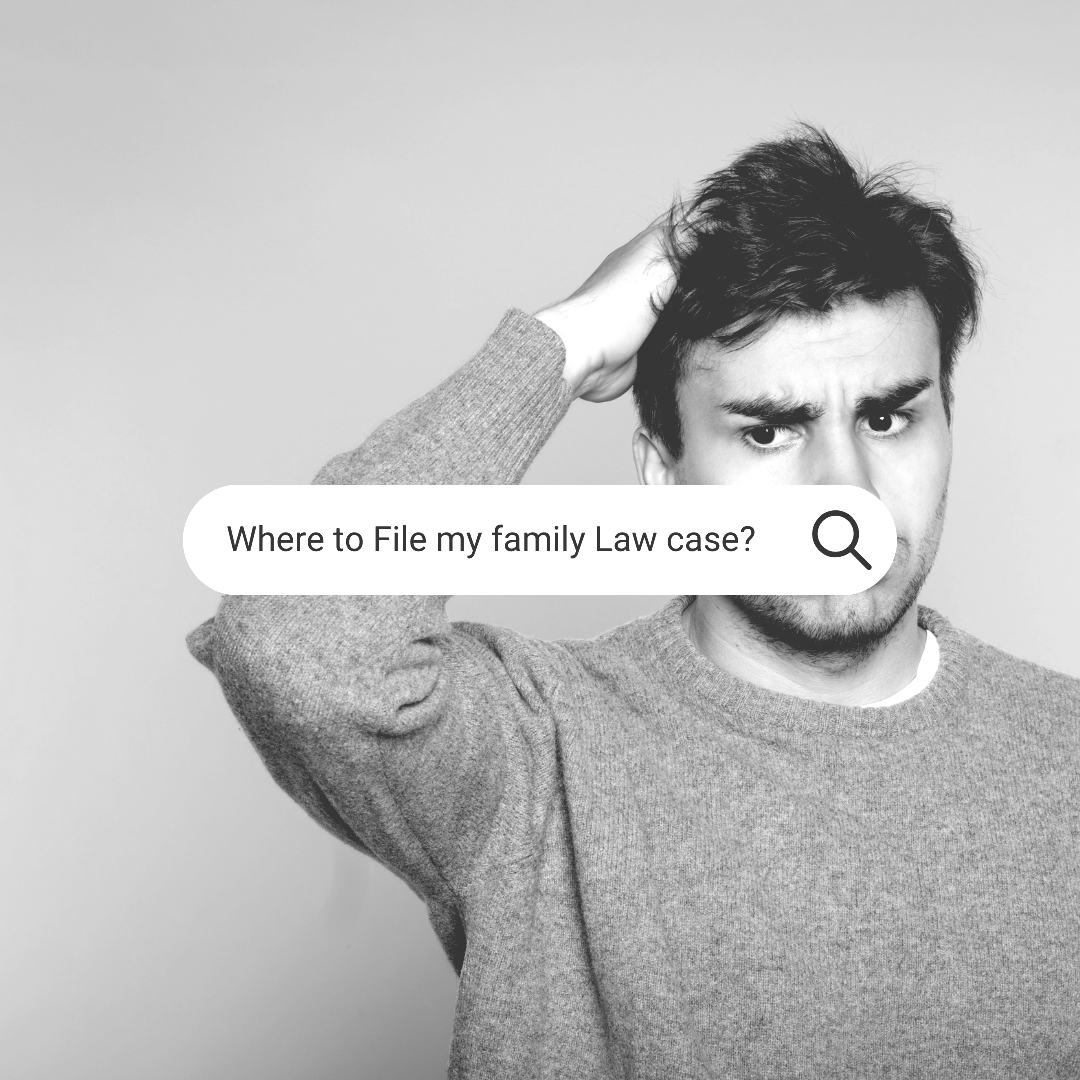Contact Us
Phone: 323-499-3361
Location
360 E 2nd St
Suite 800
Los Angeles, CA 90012
Hours
- Mon - Fri
- -
- Sat - Sun
- Closed
Call Now for a Consultation: 323-499-3361
When to request a Continuance of a Request for Order
In family law, timing can be everything—especially when it comes to responding to a Request for Order. Unfortunately, the responding party often receives little more than the bare minimum notice, leaving attorneys scrambling to prepare for hearings. Under California’s Code of Civil Procedure section 1005, the typical notice period is a mere 16 court days, and when an order to shorten time is granted, it can be even less. This rushed timeline can lead to complex situations, especially if the responding party retains an attorney only after being served.
If you're in this position, seeking a continuance is often necessary to ensure you have adequate time to prepare. But timing is key—request a continuance as early as possible to avoid being at a disadvantage. According to local court rules, requesting a continuance during the hearing is generally frowned upon. For instance, in Santa Barbara County, it’s advised to make your request ahead of time to enhance your chances of success.
When seeking a continuance, here are the steps to follow:
- Engage the Opposing Attorney: Start by approaching the opposing counsel to request a stipulation for the continuance. Following local court rules increases your likelihood of getting the first continuance approved without hassle.
- Be Prepared for Conditions: The opposing attorney may require that any orders granted by the court remain in effect until the new hearing date. Be ready to discuss this condition.
- File the Request: If you obtain the stipulation, file the Request to Reschedule Hearing (Judicial Council Form FL-306) promptly. Make sure to provide solid justification in the REASON FOR RESCHEDULING section, including the agreement of both parties and any necessary details.
- If No Stipulation is Granted: If the opposing attorney declines to agree to a continuance, you’ll need to file Form FL-306 with the court without delay.
Keep in mind that continuances are not granted lightly; the court requires a strong showing of good cause. As established in Marriage of Hoffmeister (1984), there's no inherent favor towards those requesting continuances. Always be prepared to proceed with your case, even if your request for a continuance is denied.
At M.C. Law, P.C., we understand that family law matters can be complex and time-sensitive. Our dedicated team is here to help you navigate the intricacies of your case, ensuring that your rights and interests are safeguarded.






Schedule a Case Evaluation
Contact us now!
Homepage FCE Form
We will get back to you as soon as possible.
Please try again later.
By submitting this form, you agree to be contacted by our law firm, either by phone, text or by email.
Disclaimer: The information on this website is for general information purposes only. Nothing on this site should be taken as legal advice for any individual case or situation. This information is not intended to create, and receipt or viewing does not constitute an attorney-client relationship.
All Rights Reserved | M.C. Law, P.C. | Powered By Convert It Marketing | Privacy Policy
All Rights Reserved | M.C. Law, P.C. | Powered By Convert It Marketing | Privacy Policy





